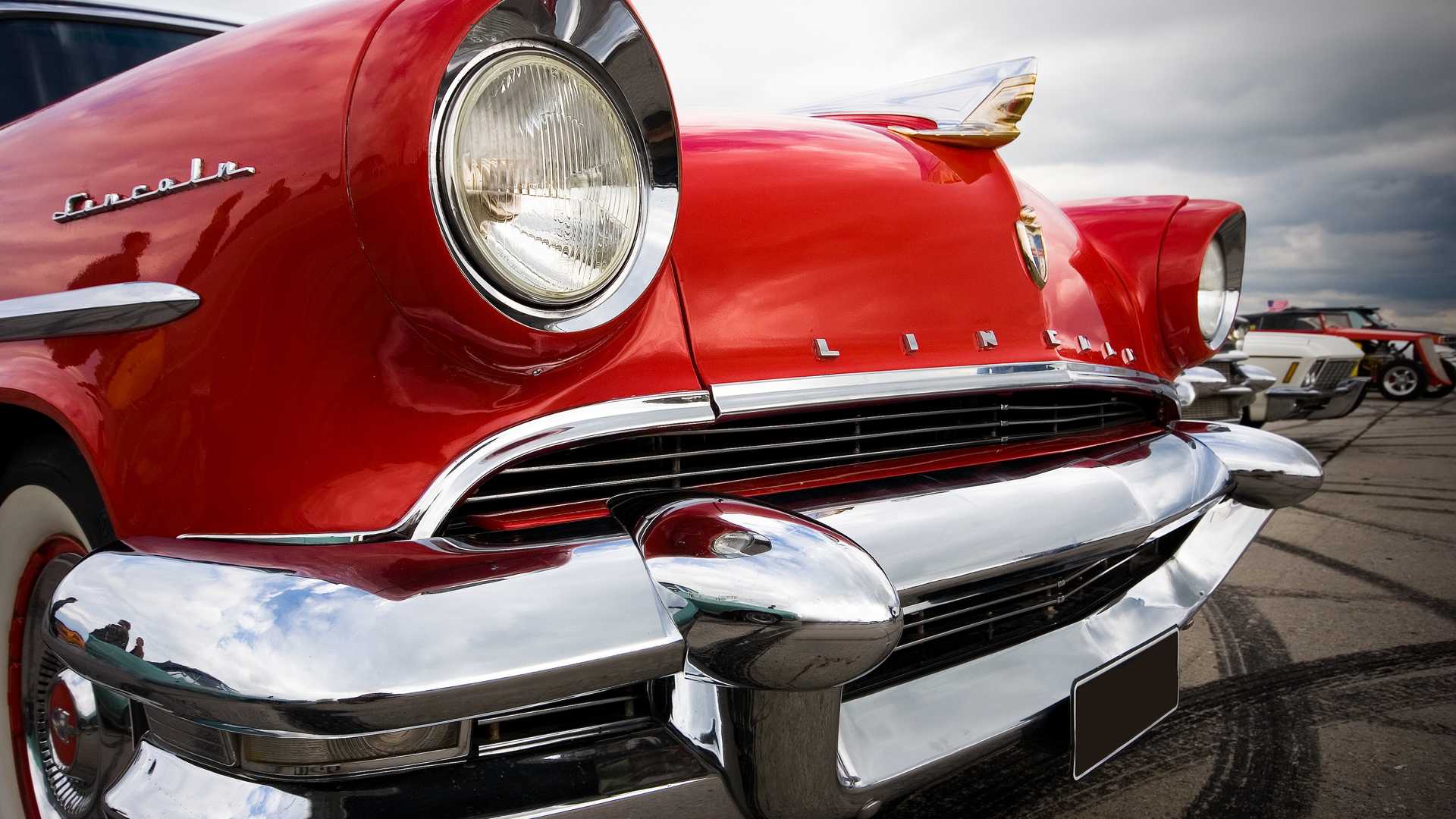Do You Need Classic Car Insurance?
For many car enthusiasts, the idea of owning a classic car is enough to get their hearts racing. However, owning a classic car means taking a different approach to its care. Not all repair shops will know how to care for the engine; they may only be equipped for running diagnostics on today’s highly computerized cars.
If you are thinking about getting involved in the world of “old” cars, you should learn the various car classifications: antique, vintage and classic. Each class has its own meaning and mastering these is one of the most basic concepts of learning this hobby. While some of these classifications are open to interpretation and can vary, there are attempts to create conformity. In fact, in some cases there are state laws that regulate how these words are used. In other situations, there are definitions set by car collector groups.
Here are a few things to know before you buy:
Antique, Classic or Vintage?
While the terms antique, classic and vintage seem interchangeable, they are very separate designations. Antique cars, for example, are usually cars that are more than 45 years old and are maintained to keep the original manufacturer specifications.
Vintage cars may be antiques, and some antiques may be vintage – but that’s not always the case. Usually cars are considered vintage if they were manufactured between 1919 and 1930, though some classifications end the vintage designation at 1925. Learn more about the difference between vintage and classic cars here.
Classic cars must be at least 20 years old, but no older than 40 years old. As with antiques, cars should stay true to the original design – but those that are modified with aftermarket touches, may still qualify as a true classic car.
Classic Car Coverage
When it comes to insuring your classic, antique or vintage car, you will quickly find out it’s not the same as insuring the family car. If your car is a collectible, you’ll want to look into a policy designed specifically for collectibles. While your regular car is insured with the idea that it is depreciating in value almost immediately after you buy it, a classic or antique car may appreciate in value – particularly if you are planning to put work into restoring it.
Surprisingly, you may find the premium is lower on your classic or antique car, even though it might carry a higher replacement cost. That’s because collectibles such as classic, vintage and antique autos tend to spend more time in the garage than they spend on the road.
Depending on its designation, your car may be restricted for driving only at certain car club events, parades or other special occasions. When exploring coverage options, it is important to know if your car is mainly going to be used for shows rather than regular driving.
Since insurance rates can vary, make sure you talk with your agent about whether your car is antique, vintage or classic.
If you would like more information on classic car insurance, or if you have any questions on your home or auto insurance, please contact Munn Insurance toll free at 1-855-726-8627 today.
Related News
Recent News
How to Save on Insurance Amid Uncertainty of Tariffs and Trade Wars
In today’s global economy, trade wars and tariffs are a hot topic, and their potential impacts reach beyond just the cost of goods like cars, appliances, and steel. If tensions between countries like Canada and [...]
Get the Best Auto Insurance Quote in Nova Scotia: A Step by Step Guide
When it comes to auto insurance, everyone wants to ensure they’re getting the right coverage at the best price. Whether you're a first-time car owner or a seasoned driver in Nova Scotia, the process of [...]
Unlock Big Savings with Group Insurance Discounts
At Munn Insurance, we know that everyone loves saving money—especially when it comes to home and auto insurance. Did you know that you may qualify for exclusive discounts just by being part of certain groups [...]












